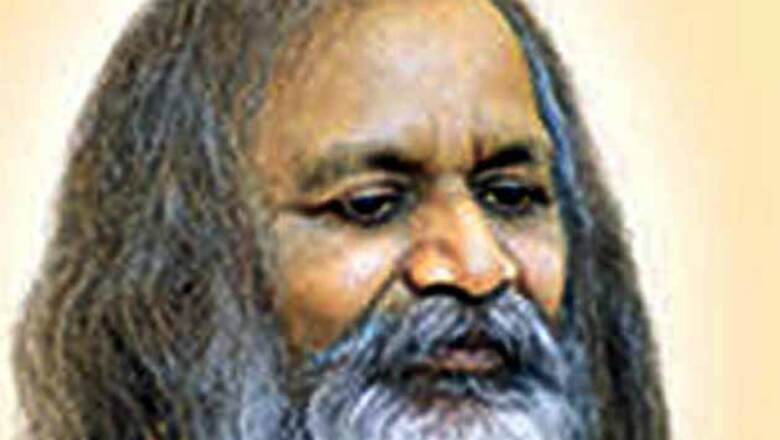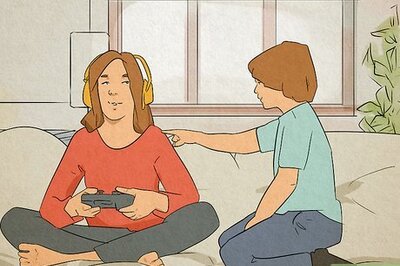
views
London: People who pray, meditate and perform religious rituals show considerably more activity in their brain's frontal lobe during these activities than when the brain is at rest, a scientist has found.
Andrew Newberg from the Thomas Jefferson University Hospital and Medical College in the US is a proponent of neurotheology, which tries to study the relationship between the brain and religion.
Newberg studied the brain activity of experienced Tibetan Buddhists before and during meditation, reports the Daily Mail.
He found an increase of activity in the meditators' frontal lobe, responsible for focusing attention and concentration, during meditation. He attributes the change to the effects of their religious experience, a statement of Thomas Jefferson University said.
However, it is just as likely that the scans are another example of what happens when people meditate, rather than any religious link.
Neurotheology has come under fierce attack from other academics in the past who say it is not rigorous enough in its studies and that theology and science should not be linked in this way.
It is not the first time that brain activity and meditation have been studied.
Last month, a study at the University of Oregon found that people who meditate can strengthen their brain. Meditation novices took part in brain-training meditation sessions for half an hour on weekdays for a month.
Another group received the same amount of tuition - 11 hours in basic relaxation techniques.
Brain scans revealed the brain connections of those in the meditation group - but not the other group - started to strengthen after six hours' practice. Differences were clear after 11 hours.

















Comments
0 comment